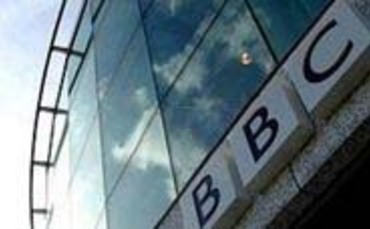
The BBC is is holding back on developing a bring your own device (BYOD) as it "does not like to be at the bleeding edge" of technology, the organisation's data and reporting improvement manager, Simon Griffiths, has told Computing.
Speaking at the SAP User Conference 2012 in Manchester earlier this week, Griffiths explained how, since the BBC's licence fee was frozen in 2010, there is a constant struggle between bosses and project managers over how best to invest each licence payer's £145.50.
"We have a 20 per cent cost-saving challenge across the BBC," said Griffiths. "It's 15 per cent, but you need to save more than that in order to invest and make savings. So 20 per cent is the target."
As a result, the BBC's mobile strategy is flagging, said Griffiths.
"Mobile is about engaging the audience," he added. "We can have dashboards on desktops and laptops, but I think the mobile is more difficult, though, because the BBC has to have a strategy itself."
Griffiths said he is increasingly being asked "parochially" by employees whether certain content and applications can be used on mobile devices, such as Apple iPads. "[But] strategically we've got to know that the iPad is supported properly," said Griffiths.
"It's on the agenda, particularly around process enablement. We have people in productions all over the world sometimes, and certainly the UK, but sometimes the only way they can purchase something is to get into a BBC office, log on to a BBC desktop, and place an order."
Updating such a backwards business-to-business procurement system is one of Griffiths' top priorities. But the process of selling business cases is difficult in a climate of cost-cutting.
Griffiths came to the BBC five years ago after spending time in a similar position at Shell, and found a real culture contrast.





